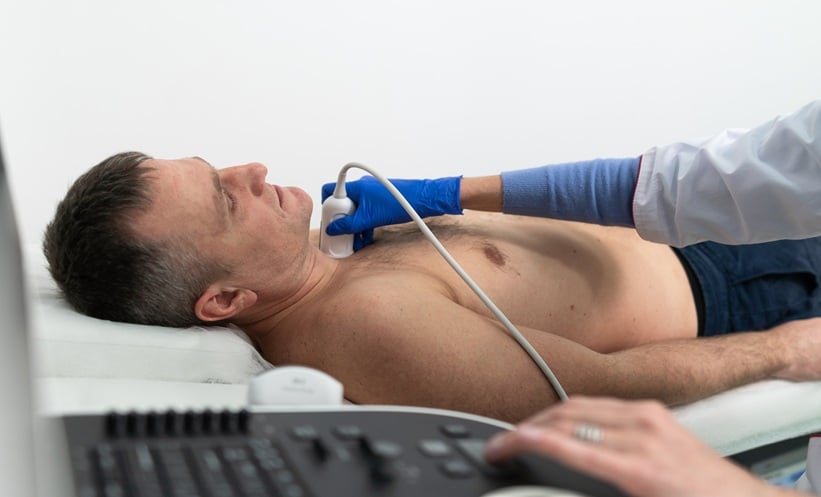SEX-SPECIFIC differences significantly influence the progression of Huntington’s disease (HD), according to new findings that highlight the role of the cytosine-adenine-guanine-age product score (CAPS) in shaping both clinical outcomes and brain changes.
HD is caused by a cytosine-adenine-guanine (CAG) repeat expansion in the huntingtin gene and is known to present differently in men and women. To better understand these differences, researchers conducted a large retrospective analysis using data from four international HD cohorts, encompassing 19,738 participants with CAG expansions of 40 or greater. The study investigated how sex interacts with CAPS, a combined index of CAG expansion and age, across clinical and neuroimaging outcomes.
Neuroimaging findings revealed that women had less pronounced striatal atrophy and cortical thinning as CAPS increased compared with men. Specifically, both caudate and putamen volumes declined at a slower rate in female participants, suggesting some degree of structural preservation despite genetic and age-related risk.
Clinical outcomes, however, revealed a different pattern. Women experienced steeper declines in motor function, cognition, and daily functioning than men with increasing CAPS scores. Analyses showed greater deterioration in total motor scores, symbol digit modalities test performance, total functional capacity, and independence measures in women compared with their male counterparts.
These findings emphasize the complex interplay between sex and genetic-age risk in HD. While women may show slower neuroanatomical deterioration, their clinical symptoms progress more rapidly. The authors note that these results underscore the importance of incorporating sex-specific considerations into the staging and management of HD, both in clinical practice and in the design of future clinical trials.
By integrating sex as a key variable alongside CAPS, clinicians may be better equipped to predict disease trajectory, tailor management strategies, and refine therapeutic approaches for individuals living with Huntington’s disease.
Reference: Yao J et al. Interplay Between Sex and Cytosine-Adenine-Guanine-Age Product Score in Huntington’s Disease: Clinical and Neuroimaging Perspectives. Mov Disord. 2025. doi: 10.1002/mds.70064








